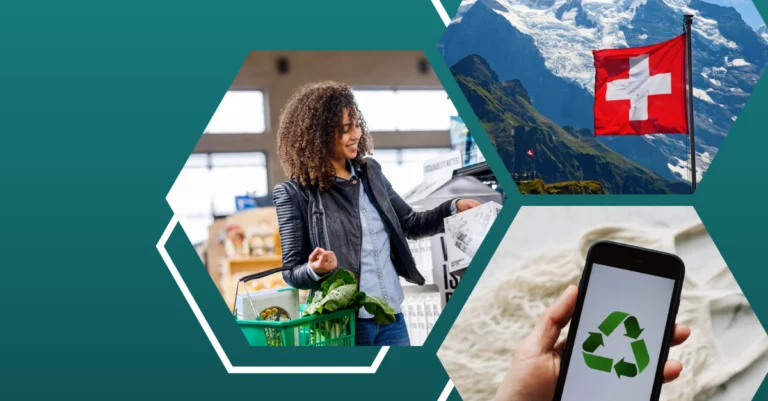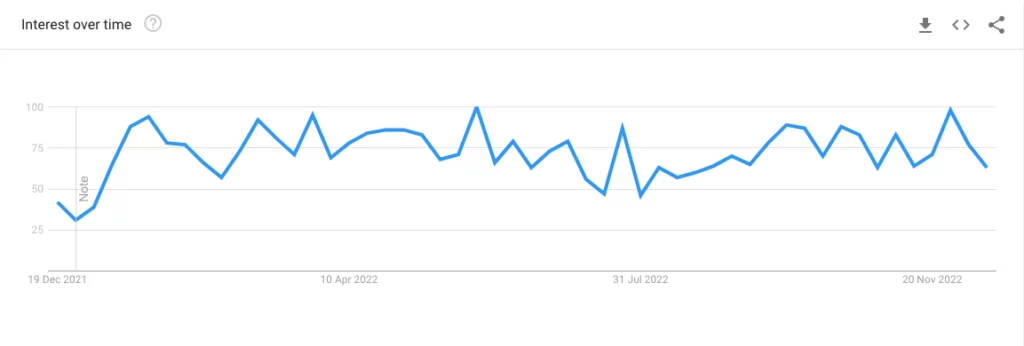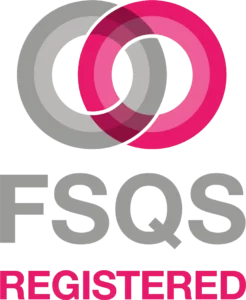Post Summary - Relevant Facts
- Switzerland announced a goal to be carbon-neutral by 2050 and it is well on its way
- The Swiss Staubern cableway - the world’s first battery-powered cableway that leads to the summit, relies exclusively on solar energy
- The Swiss wastewater treatment plant, ARA Bern, is considered to be one of most technologically advanced in the whole of Europe
- Food waste is still a rising concern in Switzerland, which is recognized by the majority of its population
Introduction
Being sustainable is nothing new to Switzerland. In 2019, Switzerland announced a goal to be carbon-neutral by 2050 and it is well on its way. Climate change mitigation therefore needs carbon removal technologies to achieve both a zero emissions and negative emissions future. It is without a doubt one of the world leaders in recycling and waste management.
In 2016, Zurich was named the top sustainable city in the world according to the Arcadis Sustainable Cities Index. The city was praised for its dedication to improving the environment with specific reference to the cities’ plan to become a 2000-watt society – an amount considered globally to be sustainable energy use for a city.
A prime example of the country’s impressive approach towards sustainable living is the public transport system. Swiss Federal Railways, the main transport company, generates 90% of the electricity needed for its trains from hydropower. The Staubern cableway – the world’s first battery-powered cableway that leads to the summit, relies exclusively on solar energy.
Sustainability in Switzerland: Some initiatives
One of the most closely-knit rail networks in the world, recycling champions, and impressive air and water quality makes Switzerland a leader on the way towards a sustainable future. Switzerland has created their own strategy referred to as Swisstainable. Swisstainable is being more mindful and responsible when travelling, reducing our carbon footprint to a minimum.
In 2017, the world’s first industrial scale carbon-capture plant was opened outside of Zurich.
This facility removes CO2 from the air through direct air capture. The process requires minimal land space and no water to run. The plant is able to capture 900 tons, the same amount of CO2 that would be produced from around 200 cars in a year.
The Swiss wastewater treatment plant, ARA Bern, is considered to be one of most technologically advanced in the whole of Europe. The plant cleans 90 million litres of wastewater per day whilst also producing biogas from the sewage sludge. This gas is then used by public transport systems.
Together with Norway, Switzerland created the Nansen Initiative in 2015 which intended to address challenges connected to climate migration on a global level, involving other countries to protect and look after displaced people in the context of natural disasters.
Top searches
Switzerland has always been a leader in sustainability, both in its national policies and in crafting international agreements. In sustainability-related Google searches, over the last 12 months, we can see an increased focus on the following topics: ´Sustainable development´, ´SDG´, ´sustainable fashion´, ´natural environment´.
Trends in Consumer Behaviour
It is well known that Swiss consumers famously lead eco-friendly lifestyles, from a national devotion to household recycling to a preference for train travel and a wholesome love of outdoor adventure. The Swiss population is one of the most concerned about the impact of climate change in the world. This sentiment is also reflected in their belief that they feel able to reduce climate change in their country within 10 years, but are less confident that other countries will achieve the same goal.
It is clear from this survey that the Swiss population is comfortable with their level of commitment to the environment and climate change.

Source: IPSOS Report Overall action on Climate Change 2022
Following, food waste is still a rising concern in Switzerland, which is recognized by the majority of its population. According to ETH Zurich, 300 kilograms of edible food per person is thrown away each year in the country. Thankfully, many people are trying to solve the issue.
However, Swiss consumers have always contributed a lot to the environment, and continue to do so through consistent recycling, good food management, and increased home-based work.
Sustainability Apps
Below we share the most popular apps in Switzerland on topics such as food waste, reducing CO2 emissions, sustainable food or energy saving.
Want to know more?
Snowdrop Solutions currently works with leading digital and traditional banks in Europe, the UK and Asia Pacific. Snowdrop is a location and data intelligence company that has been a Google Trusted Partner since 2013 and Visa Europe since 2020. Our transaction enrichment solution, the ‘MRS’ API, brings together our deep understanding of the Google Maps APIs, a proprietary database and a second to none matching algorithm. We offer superior match rates and accuracy to any of our competitors and a unique customer centric approach that, other than transaction enrichment, provides cost savings and churn reduction to our clients, over and over.
If you want to know more about our product, you can access more information on our dedicated MRS page or by contacting us. A member of the team will respond to your request promptly.





